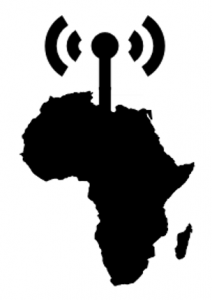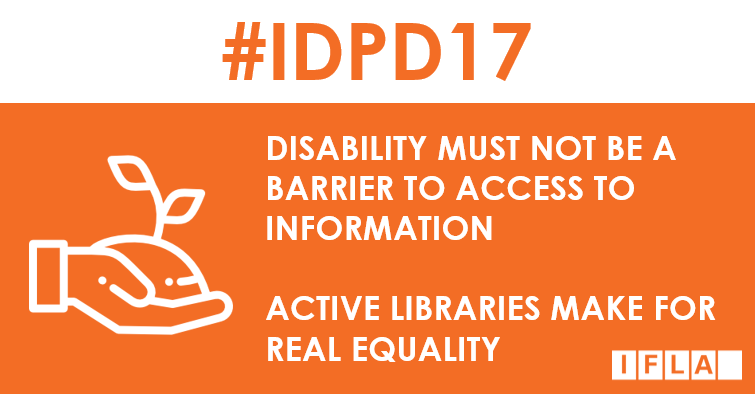Europe has a rich and diverse cultural heritage. Throughout 2018 this will be promoted through the celebration of the European Year of Cultural Heritage (links to news story).
The European Commission, the initiator of the event, has asked member states, communities and civil society to join it in building a shared understanding of our cultural environment, online and off.
For anyone working in the library sector, this is ear candy. For years, libraries have been actively engaged in preserving and safeguarding cultural heritage in all formats, including digital works. This heritage is of extremely high importance for the present and the future, and of high priority for IFLA.
IFLA’s 16 PAC (Preservation and Conservation) centres are located all over the globe, from Australia to Poland, through Kazakhstan and Cameroon and to Chile. Each centre is connected to a local library, and covers a wide range of expertise on the preservation of cultural heritage.
The role and purpose of libraries as it relates to cultural heritage is fundamental for our society and our communities. But though libraries do extensive work in preserving cultural heritage, both in its physical and digital form, we cannot do it all alone! In previous blogpost, we focused on actions that may be needed for finding solutions for preserving digital heritage; often the need for government involvement has been one of the biggest issues. The library is of the main players in preserving cultural heritage, but a more broader team is required if libraries are to fulfil their duty to their stakeholders today and tomorrow.
IFLA encourages you to send in your stories of celebration to: cultural.heritage@ifla.org . These will be shared at the IFLA’s online platform, to raise awareness to the work of libraries on cultural heritage.
You can read more about the launch of The European Year of Cultural Heritage 2018 and sign op for the newsletter for activities and initiatives planed all around Europe here: https://ec.europa.eu/culture/european-year-cultural-heritage-2018_en



 People with disabilities are all too often marginalised. Physical or mental handicaps too often turn into economic or social disadvantage. Markets are unwilling to provide services for those who don’t have the money to buy dedicated services. Charity plays an important role, but cannot be expected to do everything. Public services with an active focus on equality are essential.
People with disabilities are all too often marginalised. Physical or mental handicaps too often turn into economic or social disadvantage. Markets are unwilling to provide services for those who don’t have the money to buy dedicated services. Charity plays an important role, but cannot be expected to do everything. Public services with an active focus on equality are essential.